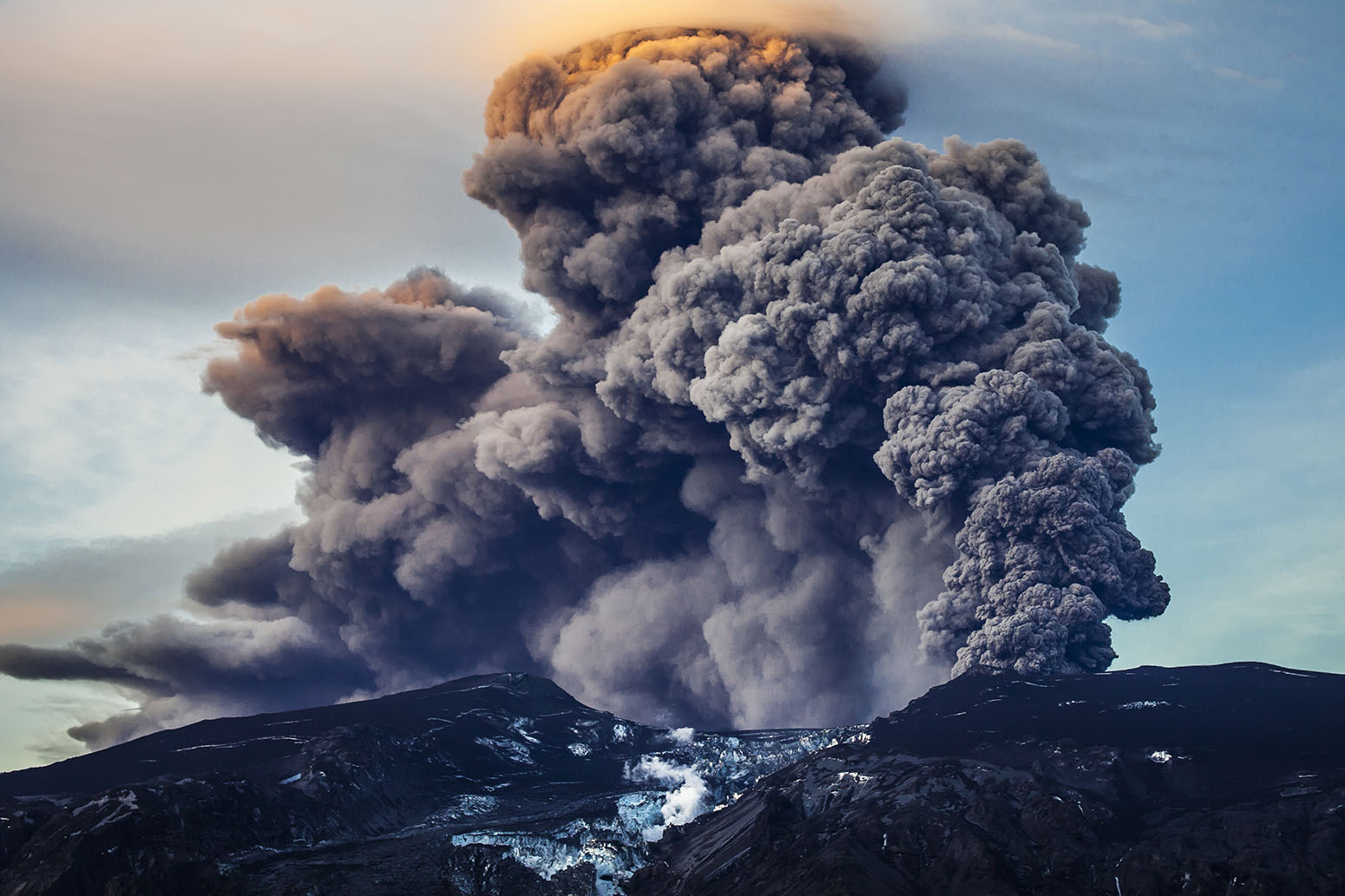Volcanic Gas Clouds Speed Explained By Scientists

The harrowing plaster casts of the dead of Pompeii the crouched figures of a dog writhing on its back, a child with its mother show that it was as swift as it was finally the end came in AD79.
Many people died because they were caught in the eruption of Mount Vesuvius are buildings collapsed under heavy pumice and ash. However, those that survived this event were not safe yet because another catastrophe was about to hit. The streets were full of deadly currents of superheated gases, ash and rock fragments.
The heat from such flows in nearby Herculaneum is thought to have been that strong that the skulls of the town’s inhabitants exploded and some have argued it vaporized the bodily fluids.
Scientists explained the velocity of volcanic gas clouds
Now it has been discovered that the volcanic material travels on a cushion of air, rather like a hovercraft, thanks to a recent study in which scientists say they have found how such pyroclastic flows travel so fast.
“Volcanologists have known for almost a century that there must be a process operating in pyroclastic flow that outsmarts the high friction of the volcanic material and lets it flow like water for very long distances,” said the first author of the study from Massey University in New Zealand, Gert Lube. But, he added that until now scientists were not sure what that process was.
Researchers from the US and New Zealand report in the journal Nature Geoscience that they created pyroclastic flows in a large-scale outdoor experimental setup in order to make the discovery and recorded what happened on video. Up to 1,300kg of heated volcanic particles were dropped into a 12-meter-long chute containing various sensors as those recovered from the eruption of the Taupo volcano in New Zealand in AD232.
0 comments